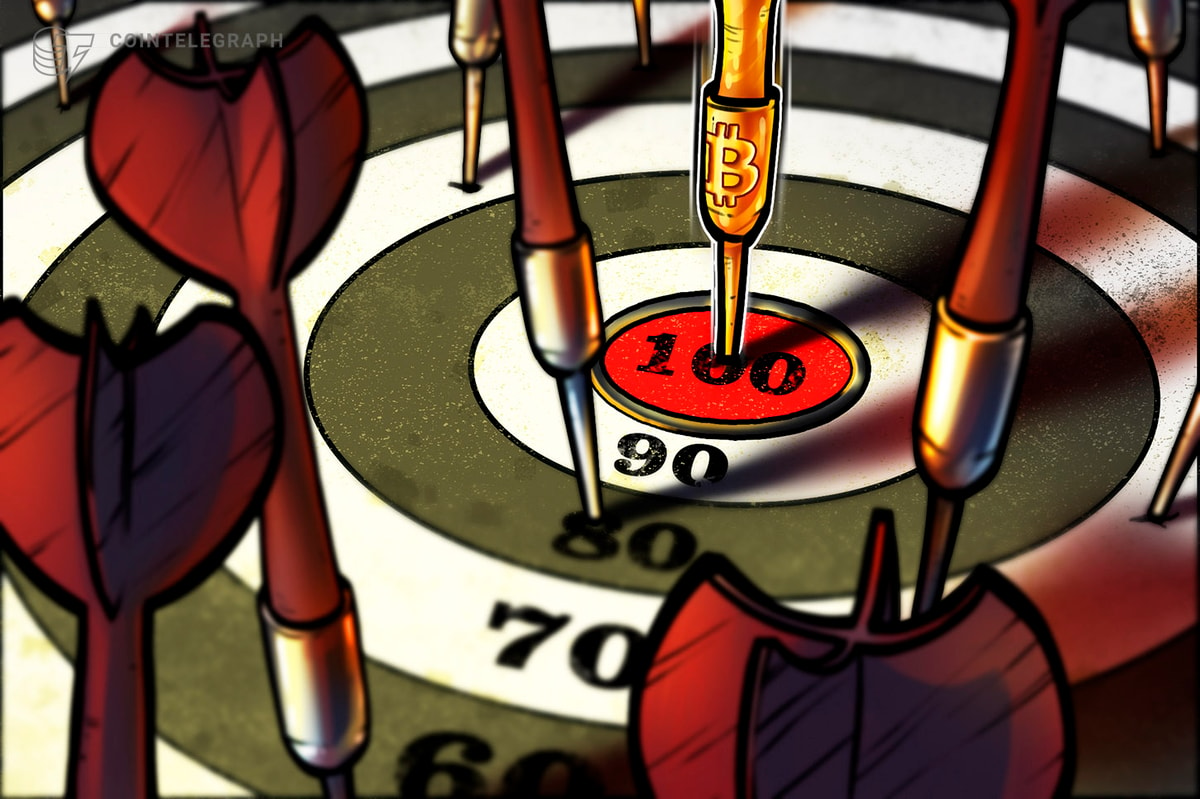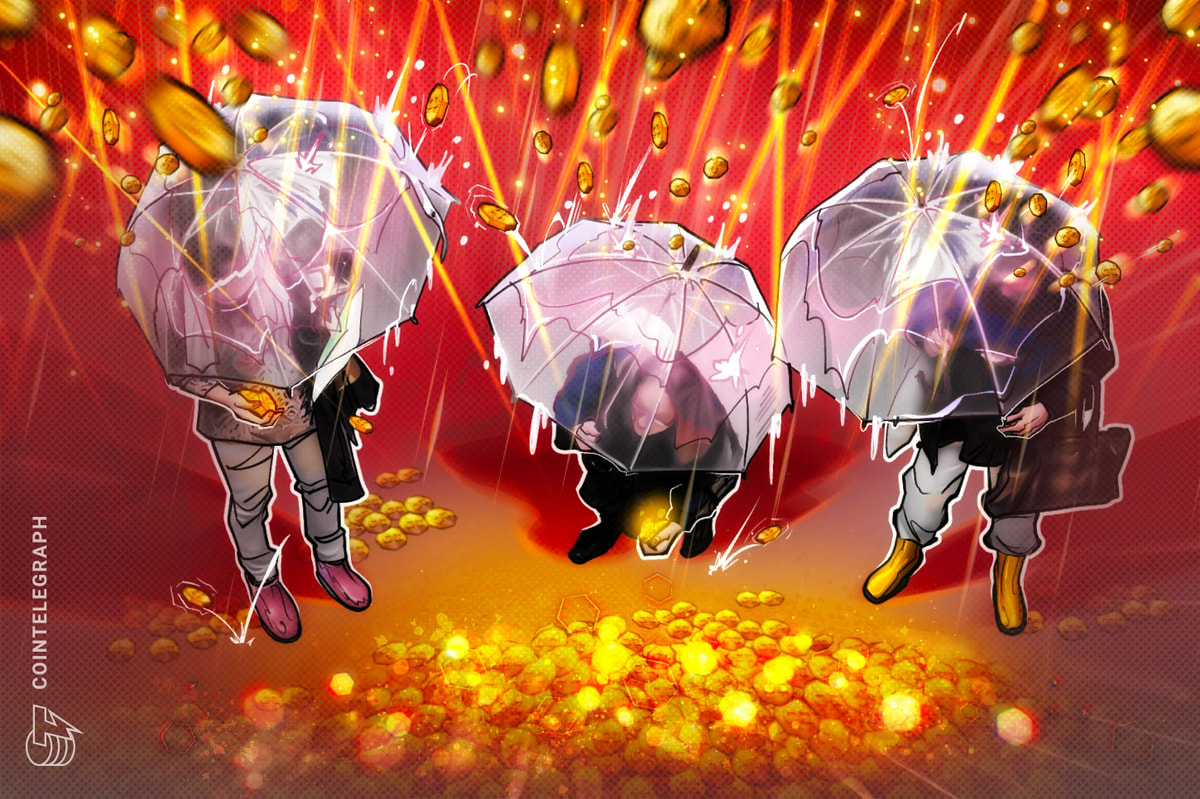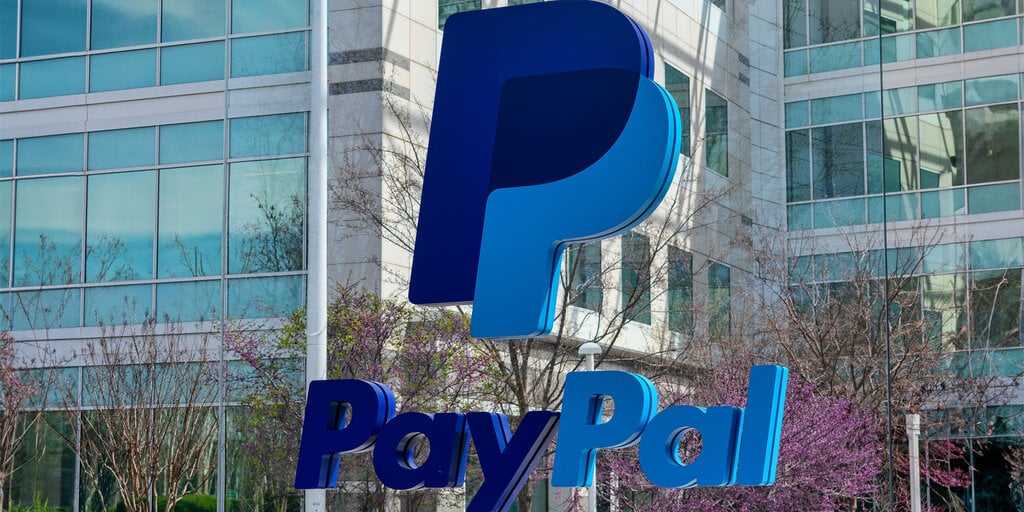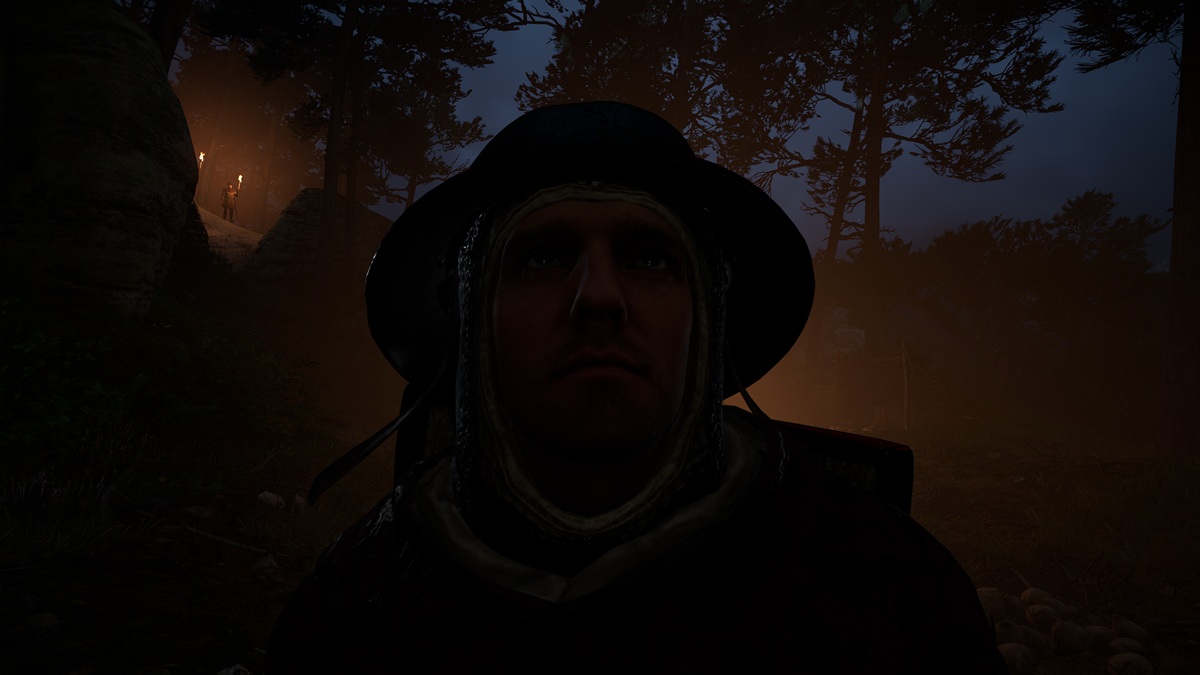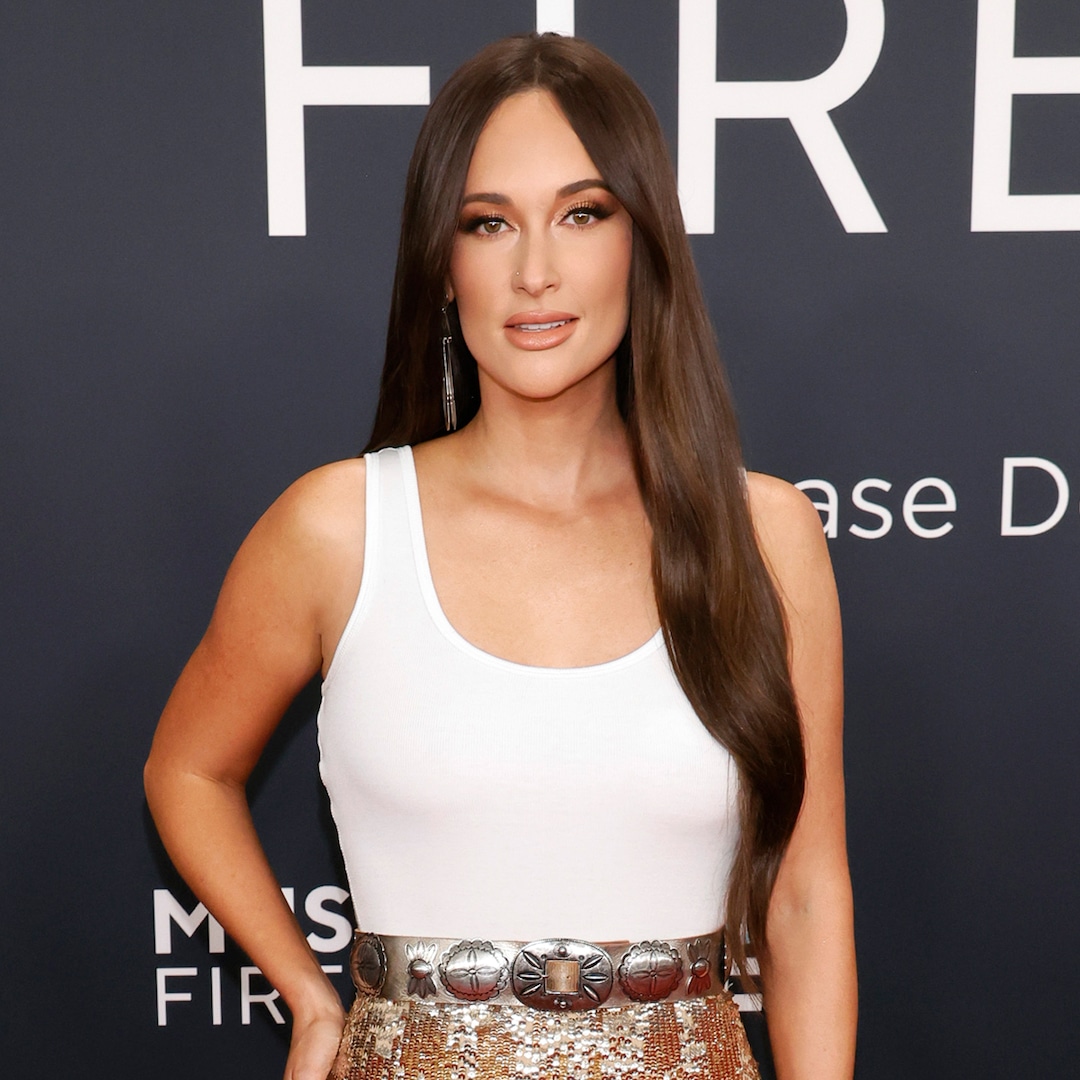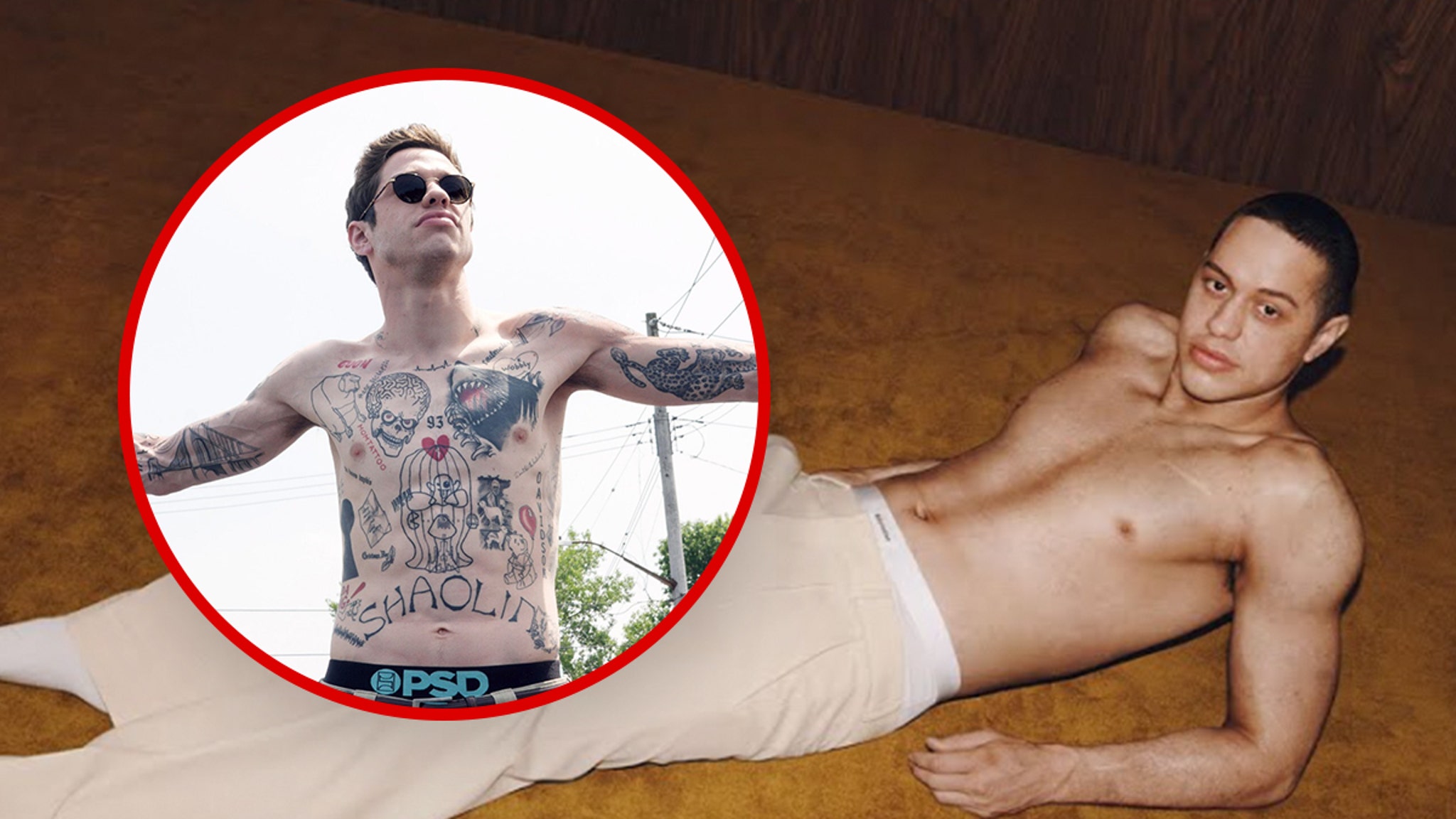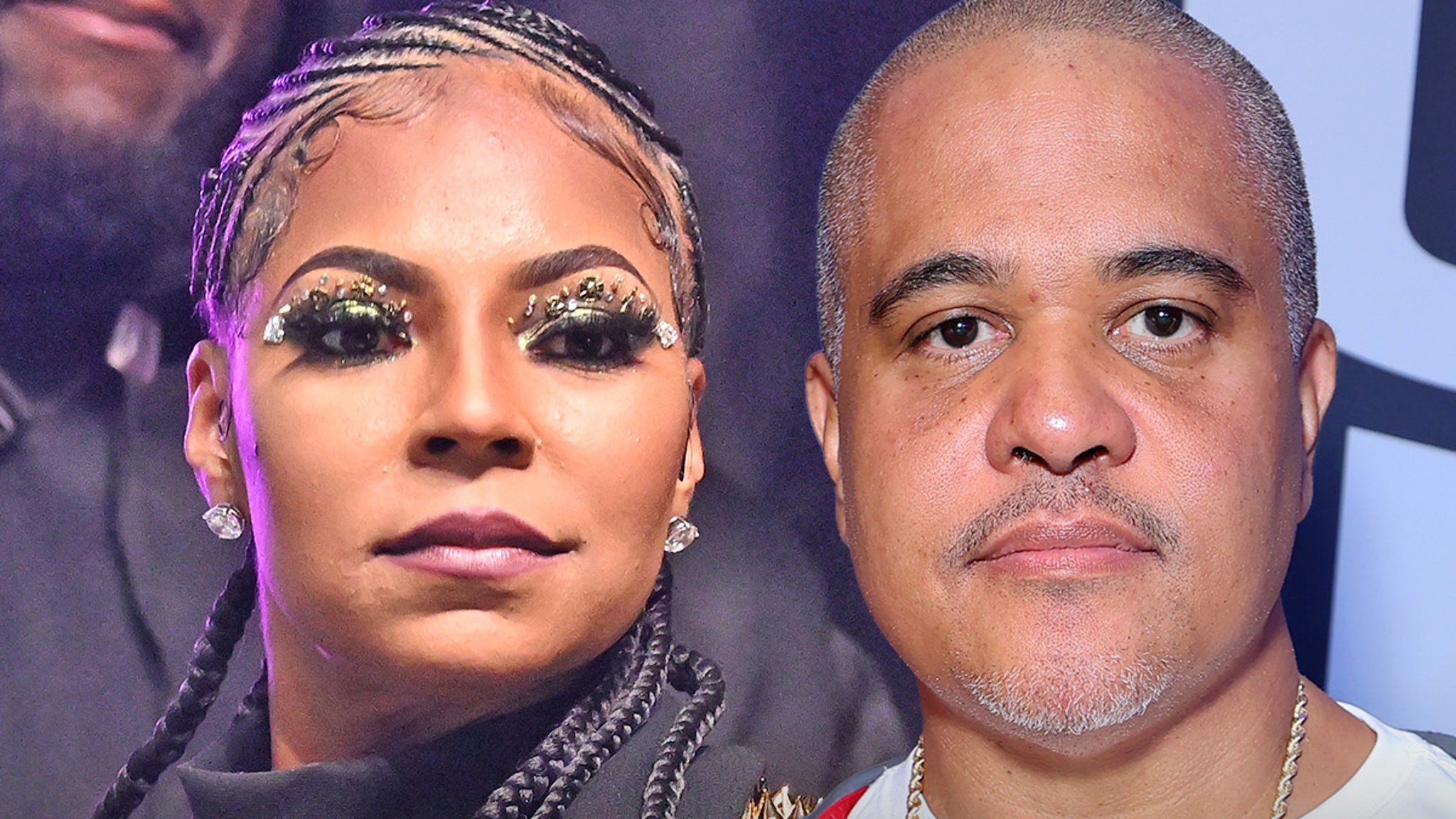What It's like to Live in Fear of Being Deported as a Mexican DACA Recipient
:quality(85):upscale()/2025/03/27/776/n/49351773/1c19936567e58d1c5c6c01.86394536_.png)
During his first term, President Trump attempted to end Deferred Action for Childhood Arrivals (DACA). Established in 2012, the program provides deportation relief and work authorization for individuals brought to the US illegally as children. As the Trump administration continues to put its focus on mass deportations, many immigrants — including those currently protected under DACA — are fearful that he will put an end to the program once and for all.
As a result, Valeria Herrera, a 27-year-old Mexican nurse in Austin, TX, and a DACA recipient, has taken to TikTok to express her fear, frustration, and anger over the program's uncertain future. She spoke with PS about her concerns, why DACA matters, and why she's trying to bring more awareness to the issue on her social media platforms. Read her thoughts, in her own words, below.
I was barely 2 years old when my parents and I migrated from Chihuahua, Mexico, to Austin, Texas. Twenty-five years later, America is the only place I've ever called home. Like most immigrant families, my parents came here seeking opportunities and always with the mindset to work hard and earn their money. And yet, I live in a country where so many people don't recognize that because of my citizenship status.
Since Trump took office this year, many DACA recipients like myself have been concerned about our futures. I've had DACA for 10 years now. I'm 27 years old, and I was a junior in high school when I finally entered the program. Before my mother passed away, she really pushed for me to apply and helped send in my initial DACA application. I was looking into college applications at the time and quickly learned that because I wasn't a citizen, I couldn't apply for federal financial aid. That's when the reality of my citizenship status really began to hit me.
Since Trump took office this year, many DACA recipients like myself have been concerned about our futures.
I always understood that we had initially come here illegally because my mother wasn't able to work. When my mom was still around, my parents were very private. We don't have much family here in the US, so we always kept close and tightly-knit circles, and my folks would only share our immigration status with people they really trusted. And because of it, for a while, I was almost ashamed of being Mexican. When I was younger, I tried to stray away from my Mexican culture, embracing everything American because I felt so different from a lot of my friends.
Things got harder after we lost my mom when I was 17. My two younger brothers, who were both born here, were only in elementary school at the time. And my dad was adjusting to being a single parent. As the eldest daughter, I immediately had to step in and take on a more parental role with my brothers, all while navigating my own struggles when it came to figuring out a path toward citizenship. I really struggled during my senior year, but thankfully, I had a career counselor at school named Ms. Simmons who literally held my hand through everything. But it wasn't easy.
My mom's dream was for me to go to the University of Texas at Austin. I always wanted to go there for their nursing program, but figuring out all the logistics and paperwork of what my dad made financially became so difficult to provide that even after being accepted, I had to turn it down because I couldn't figure out how to pay the tuition. Thankfully, I wound up getting a merit-based scholarship to Concordia University, where I eventually became the first person in my family to graduate from college. But what people don't understand is that I often had to bust my ass working two to three jobs to pay the rest of my tuition and living costs that my scholarship didn't cover. It's because of DACA that I'm able to work today as a pediatric nurse at a hospital because DACA provides me with a worker's permit. Every two years, I have to provide my job with my work permit and my social security. As long as I'm able to renew my DACA, I can live a semi-normal life in the States.
Last year, I decided to start sharing posts on my TikTok about being a DACA recipient because with Trump winning the election, there was a lot of fear that he'd end the program. I've been posting even more since he was inaugurated this year. In Texas, you can feel the panic in the Mexican community because your life could change in a matter of seconds. You just don't know when he's going to change something else or when he's going to just decide that's enough of DACA, and if he does, I would not be able to work, and there's also always the chance of deportation.
I recently had to have a conversation with my boyfriend because, obviously, everyone's first response has been, "Why don't you just get married?" My boyfriend, who is also Latino, is an American citizen. But I told him, realistically, that marriage is not even an immediate solution because that process is lengthy and costly. I provide for myself, and I live on my own, so I told him, "God forbid I can't work in this country; even if I weren't immediately deported, I would have to leave."
Because I was so little when I immigrated here and because I don't have much contact with my family in Mexico, I only have one aunt who I keep in contact with and would allow me to stay with her. It would completely change my life. My career is here. My friends are here. My boyfriend is here. My dogs are here.
Texas has had a lawsuit against the US for DACA. They are very adamant that DACA was an illegal action by Obama and that the program shouldn't be continued. A US appeals court basically ruled that Texas has legal standing to challenge DACA, but it's been put on hold for now. So far, nothing has changed, but it could. They claim that we cause a financial burden to the state of Texas. This is a major misconception that Americans have about DACA recipients and other immigrants who aren't citizens.
I'm already seeing other people in my community who are scared or have already been impacted by this new administration. At the hospital where I work, just in my unit, there are three DACA recipients, so in my unit alone, we would be losing three people — god forbid. I have already had family who have been deported. I have friends who have had relatives deported. It just really hits home because I always tell people that could have been my dad at some point, and I feel for them. Fortunately, my dad went through the process and is now a permanent resident.
Whenever Trump is in office, the racism gets louder. Austin is a pretty liberal city overall, but there have been certain instances, like when I'm at work, where I'm talking to a co-worker in Spanish. Someone will make a point to tell us to stop speaking in Spanish because they don't understand what we're saying. I've gotten the "Go back to your country" comment on social media a million times. So many people have told me, "Just go back home. You don't deserve to be here. We don't owe you anything."
My goal is to bring awareness. I'm encouraging people who are US citizens to show up, show support, and share resources. I also want to bring awareness to why people find themselves having to immigrate here illegally in the first place.
I recently shared a story about the mom of a little girl I was recently treating at the hospital. She was telling me how they fled Colombia immediately after a drug cartel group showed up at her house. She has two daughters, a 2-year-old and a 13-year-old, and they said to have your 13-year-old ready for us in the coming weeks. She just packed her stuff, left with her daughters, and came here. I was asking someone, "Would you have just sat there and waited months to get approval for asylum when you know that tomorrow could be the day they come and pick up your child?"
At the end of the day, I hope that as I share my story and more information about DACA and what it means to not yet be a citizen in this country, that it inspires people to get educated so that they understand how much of an impact we have in the community. I hope that people who are citizens will advocate for people like me so that America can be a better place.
— As told to Johanna Ferreira
Johanna Ferreira is the content director for PS Juntos. With more than 10 years of experience, Johanna focuses on how intersectional identities are a central part of Latine culture. Previously, she spent close to three years as the deputy editor at HipLatina, and she has freelanced for numerous outlets including Refinery29, Oprah magazine, Allure, InStyle, and Well+Good. She has also moderated and spoken on numerous panels on Latine identity.
What's Your Reaction?
 Like
0
Like
0
 Dislike
0
Dislike
0
 Love
0
Love
0
 Funny
0
Funny
0
 Angry
0
Angry
0
 Sad
0
Sad
0
 Wow
0
Wow
0


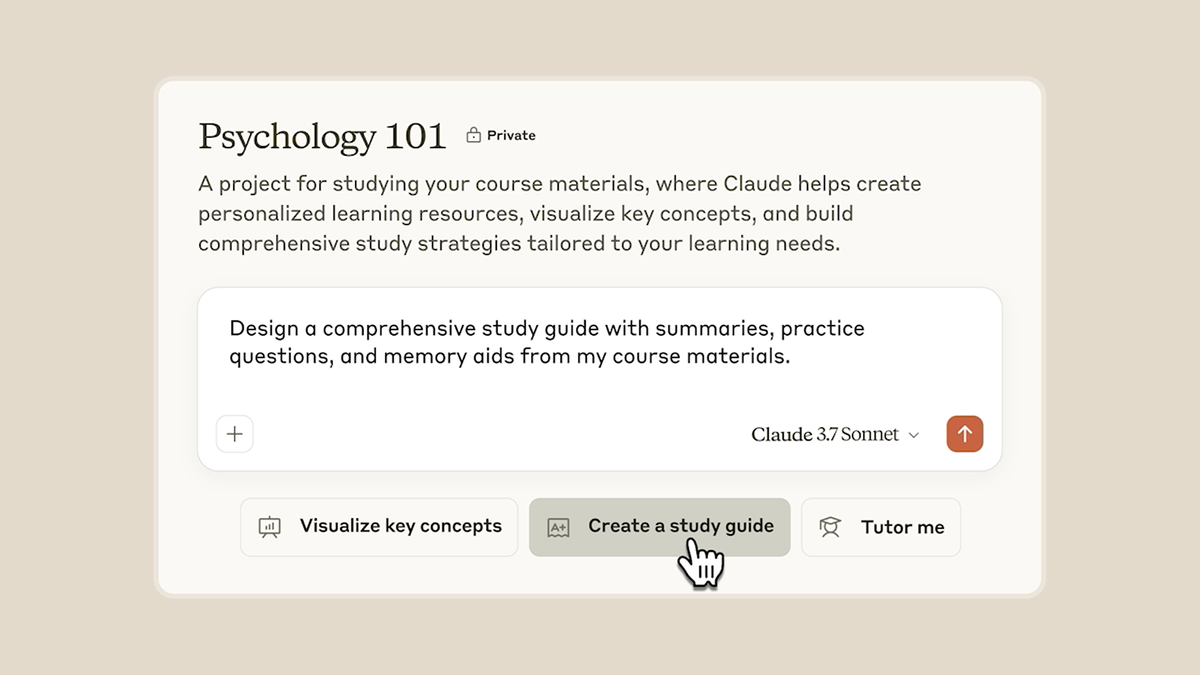





:quality(85):upscale()/2025/03/21/942/n/1922153/a404f57067dddc11928eb9.35389661_.jpg)
:quality(85):upscale()/2025/04/02/061/n/49351765/e4176f9167edd650319326.42956894_.jpg)
:quality(85):upscale()/2025/03/26/842/n/49351761/552865fa67e451bdbb8847.65246064_.jpg)


